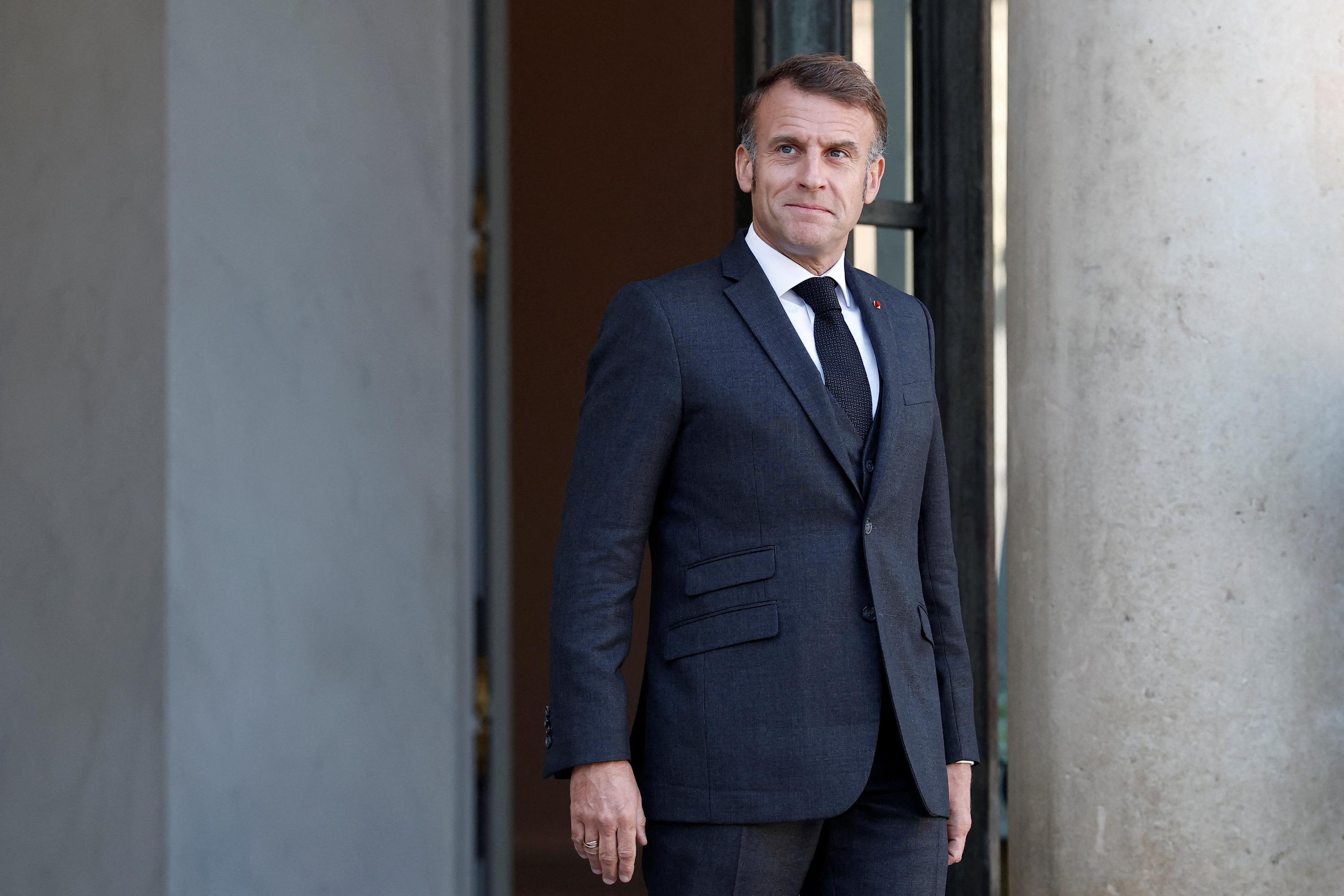French Government Officially Suspends 2025 Pension Reform with Notable Financial Impact
France's government suspends the 2025 pension reform, incurring over €1 billion in costs by 2027 and adjusting health insurance contributions and pension indexing to offset expenses.
- • The government officially suspends the 2025 pension reform amid political pressure.
- • Suspension costs are estimated at €100 million in 2026 and €1.4 billion in 2027, lower than previous estimates.
- • Health insurance contributions will increase from 2.05% to 2.25% in 2026 to help finance the suspension.
- • Pension indexing changes will increase retirees' financial burden, alongside a freeze on pensions and social benefits in 2026.
Key details
The French government, under President Emmanuel Macron's leadership, is set to suspend the 2025 pension reform following a special cabinet meeting conducted via videoconference from Brussels. This decision has been formalized through a rectifying letter to the 2026 Social Security budget law, which will begin its parliamentary process on Monday. The suspension reflects a significant political concession, primarily responding to demands from the left, particularly the Socialist Party, linking their support to this move.
The financial implications are substantial: the suspension is projected to cost €100 million in 2026 and €1.4 billion in 2027. These figures are revised downward from earlier estimates of €400 million and €1.8 billion, as reported in the corrective budget letter reviewed by the Council of State. To finance these costs, contributions from health insurance organizations will rise from 2.05% to 2.25% in 2026, impacting complementary health schemes such as mutuals. Additionally, the indexing of pensions will be adjusted, increasing the burden on retirees by further under-indexing pensions against inflation. Notably, pensions and social benefits are set to be frozen in 2026 to aid in controlling public expenditure.
This suspension marks a key political moment, reflecting concerns within the government to address socio-political demands while managing fiscal constraints. A vote on the budget is scheduled in the National Assembly by November 12 before moving to the Senate, signaling critical parliamentary scrutiny ahead.
According to sources, Prime Minister Sébastien Lecornu had earlier cited higher suspension costs, though his office did not clarify the reasons behind the updated figures. President Macron's attendance at a European summit on Ukraine coincides with these domestic developments, underscoring a complex balancing act between internal reform challenges and international commitments.
This article was translated and synthesized from French sources, providing English-speaking readers with local perspectives.
Source articles (3)
Source comparison
Projected costs of pension reform suspension
Sources report conflicting projected costs for the pension reform suspension in 2026 and 2027.
lefigaro.fr
"The suspension is expected to cost €100 million in 2026 and €1.4 billion in 2027."
liberation.fr
"The Prime Minister had indicated costs of €400 million for 2026 and €1.8 billion for 2027."
Why this matters: The first source states the suspension will cost €100 million in 2026 and €1.4 billion in 2027, while the third source mentions higher costs of €400 million for 2026 and €1.8 billion for 2027 as previously indicated by the Prime Minister. This discrepancy is significant as it affects understanding of the financial implications of the suspension.
Latest news
Katy Spicher Sues French State for Denial of Justice Over Unsolved 1983 Murder of Her Mother
French Public Sees Rise in Political Violence Amid Pre-Municipal Election Tensions
Businesses Drive French Economy Amid Rising Financial Challenges for Youth
France Climbs to 4th Place in 2026 Winter Olympics Medal Table After Biathlon Relay Gold
XV de France to Field Largely Unchanged Lineup Against Italy in Six Nations
France and India Deepen Strategic Partnership with Focus on AI Regulation and Defense Cooperation
The top news stories in France
Delivered straight to your inbox each morning.


